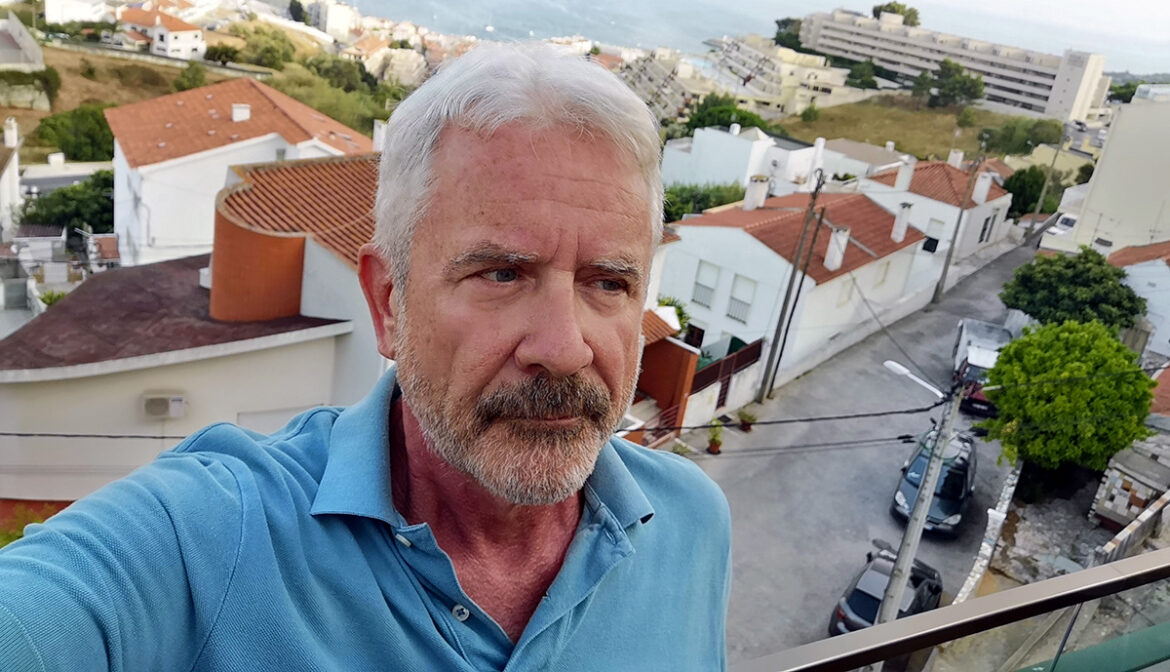Portugal’s Prime Minister António Costa submitted his resignation to the President, who accepted it and called for new elections on 10 March 2024. António Costa submitted his resignation to the country’s President, Marcelo de Souza after investigators searched his official residence in an investigation into an alleged corruption case.
There was no need for the hassle of a so-called cabinet question in parliament that the Swedish system typically requires. Here, the law enforcement authorities struck with full force. Some 140 investigators searched Mr Costa’s residence, 17 residential properties and 25 other facilities, including the prime minister’s chief of staff office and two government ministries.
Not only that, investigators also went to the municipal office of Sine. This deep-water port is the focus of investment in the element hydrogen for use as an energy source.
On Tuesday, 7 November, prosecutors said they were investigating irregularities in the concessions for two lithium mines, a hydrogen production project and a data centre construction. The crimes under investigation are misconduct in office, active and passive corruption of political officials and influence peddling.
According to prosecutors, suspects interviewed during the investigations mentioned that Costa intervened so as not to stand in the way of alleged illegalities. Costa said he was not named as a suspect but believes the investigation’s existence is incompatible with his remaining in office.
Five people were arrested, according to Público newspaper: Costa’s chief of staff, Vítor Escária; a consultant close to Costa, Diogo Lacerda Machado; the mayor of Sines and socialist Nuno Mascarenhas; and two business leaders.
According to the authorities, the detention requests were made because, in their judgment, there was a risk of escape, as well as continued criminal activity, disruption of the investigation and disruption of public order. The Attorney General’s Office stated that the Supreme Court would investigate Costa.
Impressive government investigation
I am inevitably impressed by Portugal’s law enforcement authorities. Regardless of which politicians had their fingers in the cookie jar, they don’t mince words. Of course, the Prime Minister has been pressured in recent days by the opposition to resign.
If you are reading this, you can reflect on how Swedish law enforcement authorities would have handled this if it had been Sweden.
There is reason to ask how much corruption we have had when Swedish politicians have gone the way of the globalists, industry and environmentalists for, for example, hybrid steel, wind farms, battery factory establishments and not to mention all our heavily subsidized data centres established by Big Tech companies.
Yes, I forgot that in Sweden, we have no corruption; our politicians are so honest. Surely, our Swedish politicians would not stoop to bribery and corruption. And if they do, they are ”protected” by everyone involved, from the police, prosecutors, courts, etc.
We Swedes may not even see this corruption already established itself in Swedish society. You have to thank your lucky stars that you no longer live in the thoroughly corrupt country of Sweden.
In conclusion, I would like to thank my neighbour Cleber for his quick summary of the situation in the inner core of Portuguese politics.
By Jan Norberg, a retired consultant with a background in Swedish industry. He has been living in Portugal for some years. Jan is a committed social debater.


